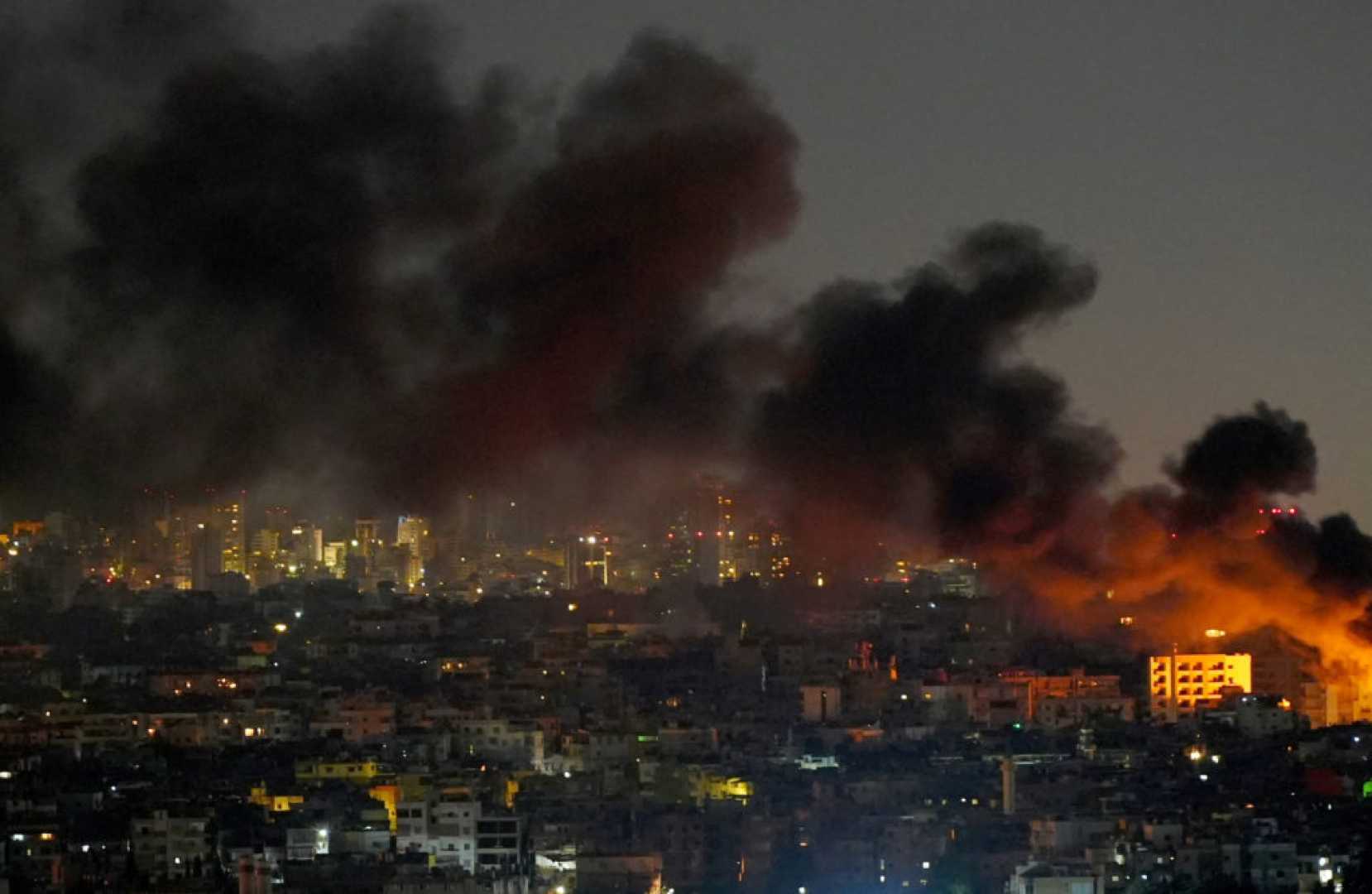News
Escalating Conflict in Lebanon: U.S. Urges Ceasefire as Israel Targets Hezbollah’s Finances

The conflict between Israel and the Lebanese militant group Hezbollah has intensified, with the U.S. urging a ceasefire and the implementation of a United Nations resolution to end the violence. Amos Hochstein, a special envoy to President Biden, visited Beirut on Monday and described the situation as “spiraled out of control.”
Israel has continued its military campaign against Hezbollah, recently targeting bank branches across Lebanon, including those of Al-Qard al-Hassan, which Israel and the U.S. accuse of funding Hezbollah’s operations. These airstrikes have caused widespread fear and displacement among Lebanese civilians, with reports of buildings ablaze and collapsing following the strikes.
The Israeli military’s actions are part of a broader campaign that began in September, triggered by cross-border rocket attacks by Hezbollah. The conflict has resulted in a significant humanitarian crisis, with over 2,400 lives lost in Lebanon over the past year and approximately 1.2 million people displaced.
Hezbollah, which also holds significant political power in Lebanon, has maintained its rocket fire against Israel, leading to retaliatory airstrikes. The group has shown no signs of backing down, despite the heavy casualties and damage inflicted by Israeli forces.
Hochstein emphasized the need to enforce United Nations Resolution 1701, which was established after the 2006 Israel-Hezbollah war. This resolution calls for the disarmament of Hezbollah and the withdrawal of Israeli forces from southern Lebanon, as well as the deployment of Lebanese troops in the area. However, the lack of enforcement of this resolution over the years has contributed to the current conflict.
The Biden administration has expressed support for Lebanon’s recovery efforts but has made it clear that this support is contingent on the enforcement of the U.N. resolution to prevent further conflict. The situation remains volatile, with both sides showing little sign of deescalation.












